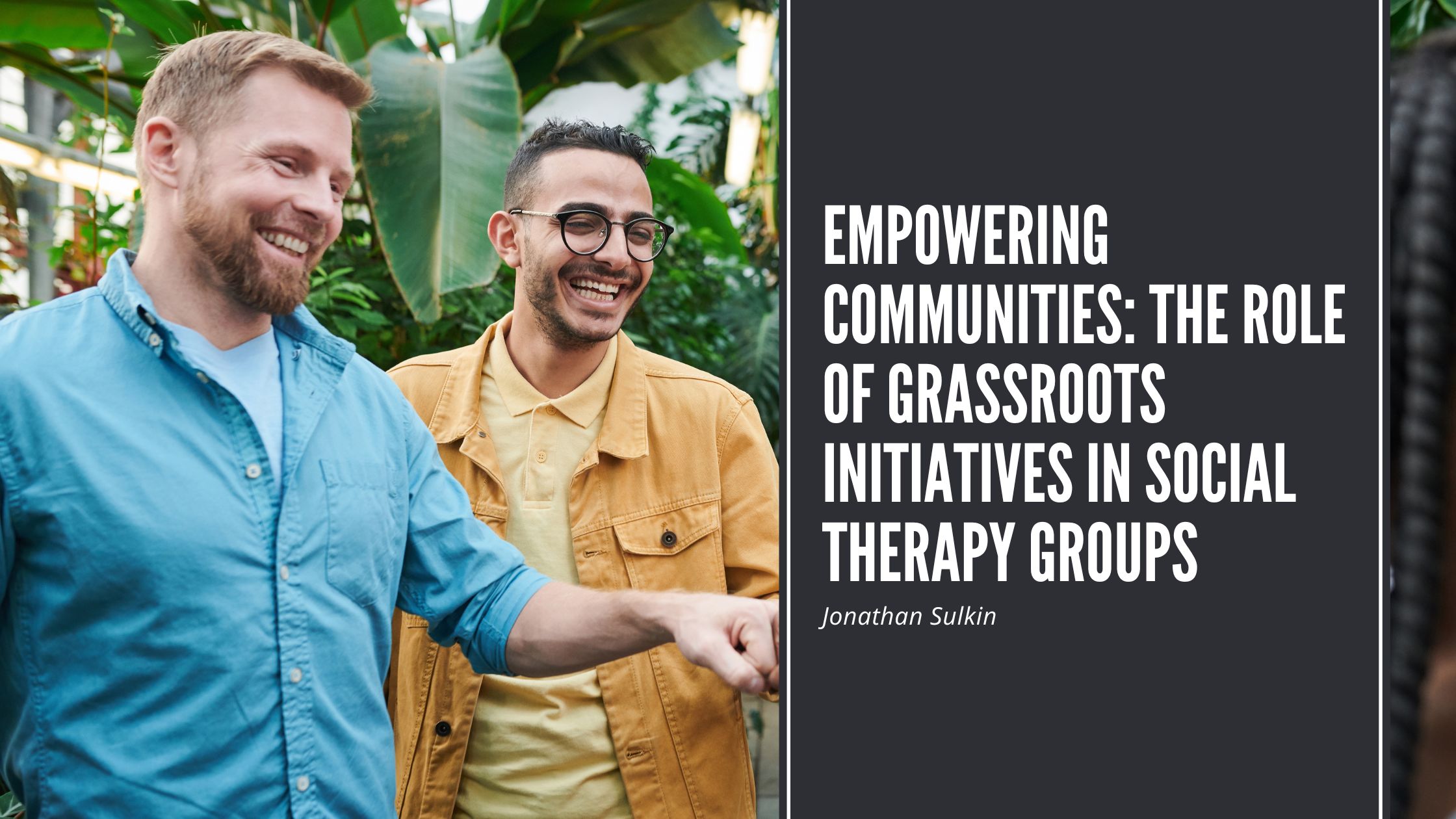Grassroots initiatives are pivotal in fostering community empowerment and resilience, mainly through programs like social therapy groups. These initiatives harness the collective strength of community members to address mental health challenges and promote holistic well-being. In this blog, we’ll delve into the significance of grassroots initiatives in social therapy groups and how they empower communities.
At the heart of grassroots initiatives is the belief that change begins at the local level. Social therapy groups, which emphasize collaboration, dialogue, and mutual support, align perfectly with this ethos. By bringing together individuals from diverse backgrounds and experiences, these groups create spaces for authentic connection and healing.
One of the key aspects of grassroots initiatives in social therapy is their accessibility. Unlike traditional therapy models that may be inaccessible or intimidating to specific communities, grassroots initiatives often operate in familiar and community-centered spaces. This accessibility breaks down barriers to mental health care and ensures that support is readily available to those who need it most.
Moreover, grassroots initiatives empower community members to take ownership of their mental health journey. Rather than relying solely on external interventions, individuals actively participate in shaping the direction and content of social therapy groups. This sense of ownership fosters a culture of agency and self-determination, empowering participants to become agents of change in their own lives and communities.
Another critical role of grassroots initiatives is their ability to address systemic issues that contribute to mental health disparities. By engaging with social, economic, and environmental factors, these initiatives adopt a holistic approach to healing. They allow individuals to explore the intersections between personal struggles and broader social issues, fostering a deeper understanding of the root causes of mental health challenges.
Furthermore, grassroots initiatives promote resilience by building strong support networks within communities. Through shared experiences and collective problem-solving, participants develop bonds of trust and solidarity that endure beyond the confines of the therapy group. These networks serve as sources of strength and encouragement, enabling individuals to navigate life’s challenges with greater confidence and resilience.
In conclusion, grassroots initiatives are instrumental in empowering communities through social therapy groups. By prioritizing accessibility, ownership, and holistic well-being, these initiatives create spaces where individuals can find healing, support, and empowerment. As we continue to navigate the complexities of mental health care, grassroots initiatives serve as beacons of hope, demonstrating the transformative power of community-driven approaches to wellness.

